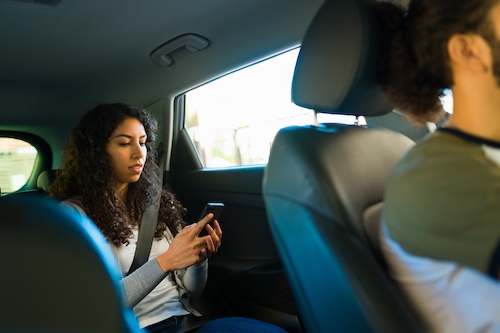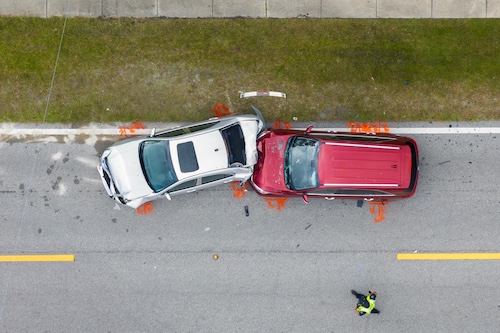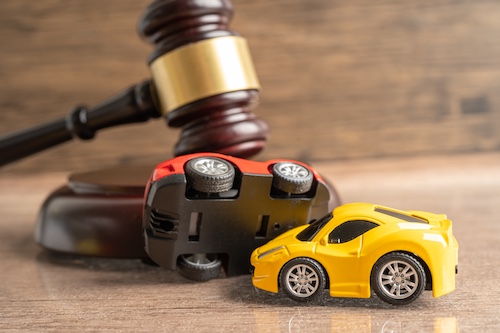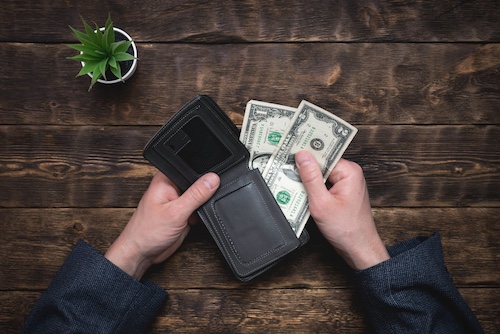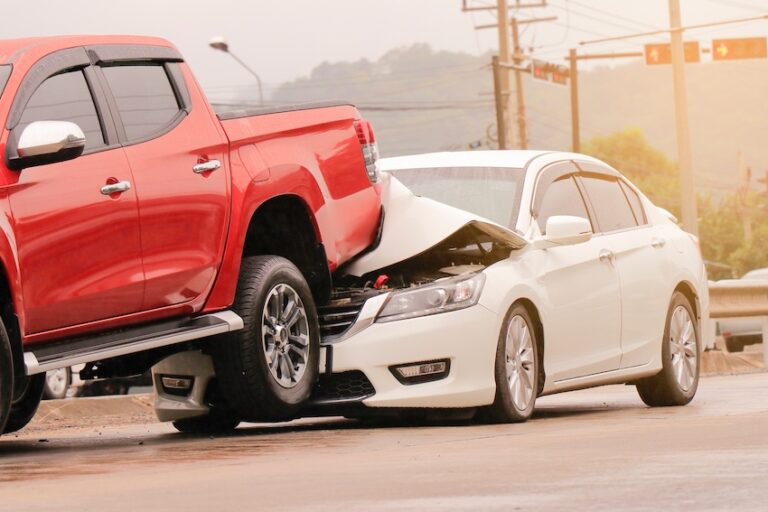Protecting Your Rights After an Atlanta Rideshare Accident
Rideshare services like Uber and Lyft have made transportation easier in Atlanta, but they have also increased the number of accidents involving injury victims. A rideshare accident claim can be confusing, and insurance details can be hard to understand.
In this blog, we explain how to handle a rideshare accident claim in Atlanta, what insurance coverage applies to Uber or Lyft accidents, and why working with an experienced Atlanta rideshare accident lawyer can help injury victims secure fair compensation.
Understanding Rideshare Accident Claims in Georgia
Rideshare accidents in Atlanta involve many factors that can affect injury victims and insurance claims. It is important to understand how these claims work under Georgia law.
What is a Rideshare Accident Claim?
A rideshare accident claim involves injuries or damages from an accident with an Uber or Lyft driver. These claims differ from regular car accidents because they involve rideshare companies and their insurance coverage.
Independent Contractor Status
Uber and Lyft drivers are classified as independent contractors under Georgia law (O.C.G.A. § 34-8-35(f)). This status can affect who is held liable and how insurance claims are filed. Passengers and other injured parties may face challenges when seeking fair compensation.
Insurance Coverage and Driver Status
Georgia law (O.C.G.A. § 33-1-24) requires rideshare companies to carry specific insurance coverage. Insurance details depend on the driver’s status at the time of the accident. There are three periods:
- Offline: Personal auto insurance covers the accident.
- Ride Request: The rideshare company’s insurance provides limited coverage.
- Trip in Progress: The rideshare company’s insurance offers higher coverage.
Determining driver status is key for injury victims to understand their legal options.
Why Driver Status Matters
A rideshare accident lawyer can help identify the driver’s status and what insurance coverage applies. This helps protect injury victims and ensures they seek maximum compensation for medical expenses, property damage, and non-economic damages.
Insurance Coverage in Rideshare Accidents
Insurance coverage in rideshare accidents depends on the rideshare driver’s status and the rideshare company’s policies.
Personal Auto Insurance and Rideshare Insurance
Personal auto insurance often does not cover rideshare accidents when the driver is working. Rideshare companies like Uber and Lyft must provide insurance for accidents during rideshare services. These insurance details include minimum coverage for bodily injury and property damage.
Driver Status Periods
Georgia law requires insurance coverage to change based on driver status. The three periods are offline, ride request, and trip in progress. Offline periods rely on the driver’s personal auto insurance. Ride request and trip in progress periods rely on the rideshare company’s insurance coverage.
Minimum and Maximum Coverage
For offline periods, personal auto insurance provides coverage. During a ride request, rideshare companies provide limited insurance coverage. When a trip is in progress, rideshare companies offer higher limits to protect injury victims. This insurance coverage ensures that passengers and other parties have options for seeking compensation after a rideshare accident.
Importance of Insurance Details
Understanding these insurance details is important for injury victims. A rideshare accident attorney can help review policies and ensure injured parties receive maximum compensation for medical expenses, non-economic damages, and lost wages.
Key Differences Between Uber and Lyft Accident Claims in Atlanta
Understanding the differences between Uber and Lyft accident claims in Atlanta can help injury victims and rideshare accident attorneys navigate insurance coverage and liability issues.
Insurance Coverage for Uber and Lyft
Uber and Lyft both provide insurance coverage for rideshare accidents, but their policies have some differences. Uber’s insurance coverage usually includes higher maximum limits for bodily injury and property damage during a trip. Lyft’s insurance coverage may have lower limits or different terms for similar rideshare accident claims.
Claims Process and Reporting
Uber and Lyft have different claims processes and reporting systems. Uber requires drivers and passengers to report accidents through the Uber app or website. Lyft uses its app to collect accident details and connect injured parties with insurance representatives. Each company has separate systems for investigating rideshare accident claims.
Determining Liability and Driver Status
Determining driver status is key in both Uber and Lyft accident claims. However, Uber and Lyft may have different methods for tracking driver activity and confirming if a driver was in a ride request or trip in progress. This difference can affect insurance coverage and who is held liable for injuries.
Legal Representation for Injury Victims
A rideshare accident lawyer can help injury victims understand these differences and how they affect their rideshare accident claim. An attorney can help review Uber and Lyft policies, gather evidence, and negotiate with insurance companies to secure fair compensation for injured parties.
Steps to Take After a Rideshare Accident
Taking the right steps after a rideshare accident can help injury victims protect their rights and secure fair compensation.
Seek Medical Attention
Injury victims should seek immediate medical attention. Even if injuries seem minor, a doctor can document medical expenses and future treatment needs. Medical records also support a rideshare accident claim.
Report the Accident
Call the police to report the accident. The police report provides an official record of what happened. Include details about the rideshare driver, the rideshare app, and any other vehicles involved.
Gather Evidence
Take photos of the accident scene, including vehicle damage, road conditions, and injuries. Collect witness statements and save any rideshare app information, like trip details and driver information.
Notify the Rideshare Company
Report the accident to the rideshare company through the Uber app or Lyft app. Provide clear and accurate details about the accident to help with insurance claims and to protect your rideshare accident claim.
Contact a Rideshare Accident Attorney
A rideshare accident lawyer can help injury victims understand their legal options and insurance coverage. An attorney can guide victims through the recovery process and work to secure maximum compensation for medical expenses, property damage, and non-economic damages.
Contact an Experienced Atlanta Rideshare Accident Lawyer Today!
If you or someone you care about was injured in an Uber or Lyft accident in Atlanta, reach out to our team at Atlanta Accident Lawyers today. Our rideshare accident attorneys are dedicated to protecting your rights and helping you secure the fair compensation you deserve.
Contact us at 864-444-2062 for a free case consultation today!
